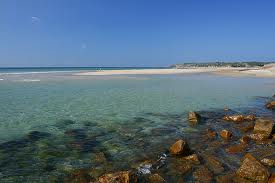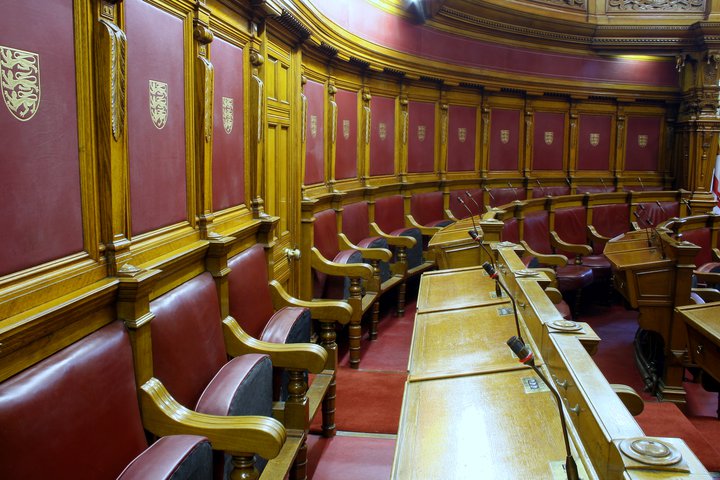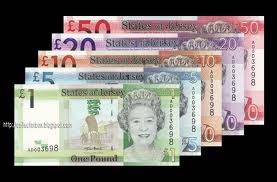I am very pleased that the EU has cleared Jersey from inclusion in its register of blacklisted jurisdictions. (Source gov.je)
The EU Code of Conduct Group on Business Taxation (the Code Group) has determined that Jersey is a cooperative tax jurisdiction, and will work with the Island throughout 2018 to ensure that this position is maintained.
This assessment, which was approved by EU Finance Ministers at the meeting of the Economic and Financial Affairs Council (ECOFIN) in Brussels this morning, follows an intensive year-long screening process by the Code Group.
The Chief Minister, Senator Ian Gorst, said “This outcome reflects the Island’s commitment to the highest standards of tax transparency and information exchange. We cooperated fully with the Code Group throughout the screening process, and have actively pursued a good neighbour policy in our relations with the EU. These positive interactions have borne fruit.
“I have every confidence that the Island will continue to be an international financial services centre of choice, working as a partner with the EU and other global organisations to meet the highest regulatory standards.”
In order to secure its continued status as a cooperative jurisdiction, Jersey has made a written commitment to address concerns identified by the Code of Conduct Group, by the end of next year. These concerns specifically relate to a perceived lack of legal substance requirements that could lead to profits being registered in Jersey that do not demonstrate real economic activity.
The Chief Minister confirmed “I am pleased that Jersey has been rightly acknowledged for its cooperation in international tax transparency and compliance with BEPS requirements. We have committed to working with the Code Group on their concerns over economic substance and they have fully accepted that commitment. I look forward to entering into substantive dialogue in the New Year.
“Our discussions may include creating enhanced reporting obligations or changes to our legislation on economic substance. We have already begun the necessary preparations, having regard to the Code Group requirements and Jersey’s best interests. I am committed to ensuring that, working with the finance industry, this process will be completed by the end of 2018.”
In 2017 Jersey was also assessed by the Peer Review Group of the OECD Global Forum on Transparency and Exchange of Information for Tax Purposes. The final assessment rated Jersey fully compliant in all ten of the areas reviewed.
The final list of cooperative and non-cooperative jurisdictions can be found here: other jurisdictions
The ‘Grey List’ Myth
Jersey is not on a ‘grey list’. Only one list has been produced by the Code Group and approved at ECOFIN. This is the ‘EU list of non-cooperative jurisdictions for tax purposes’ known as the ‘blacklist’. Jersey does not appear on that list.
Jersey features only once in the Council Conclusions, adopted at ECOFIN, in Annex II. That Annex is called ‘State of play of the cooperation with the EU with respect to commitments taken to implement tax good governance principles’. It provides an update on the 40+ jurisdictions who have made commitments to meet certain concerns raised by the Code Group by the end of 2018. It is this Annex which has erroneously been called a ‘Grey List’.
That same Annex states: “The outcome of this process demonstrates the extent to which all these jurisdictions are engaged in a constructive dialogue with the EU, how they are committed to complying with EU and international tax standards and finally highlight the positive relationship that the EU has built with all these jurisdictions. These jurisdictions have therefore been determined as co-operative, subject to the successful delivery of their commitments.”
The Chief Minister has committed that Jersey will address the one area of concern against which we are mentioned – on real economic activity – by the end of 2018. This commitment has been accepted by the Code Group.
Jersey is a jurisdiction of substance, and the JFSC already undertake certain economic substance tests prior to the approval of new regulated entities. We look forward to further positive dialogue with the Code Group in 2018.


































Recent Comments